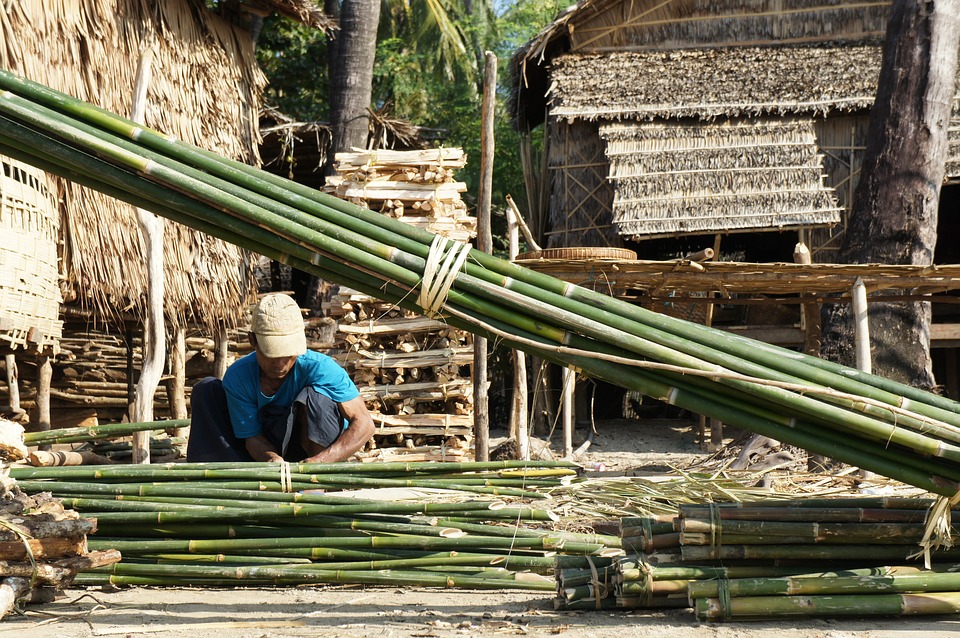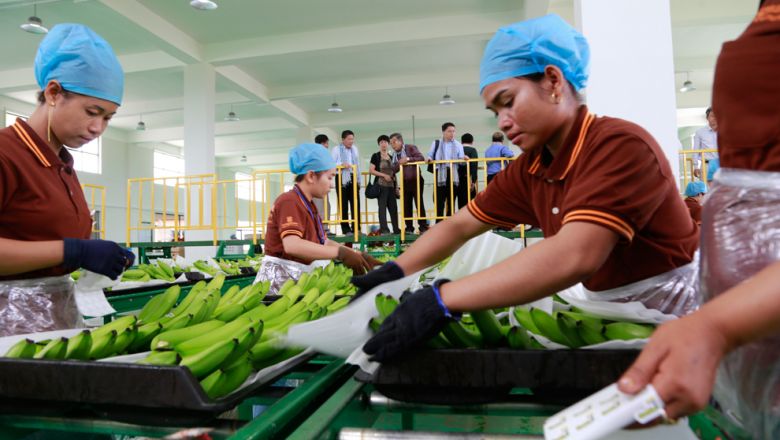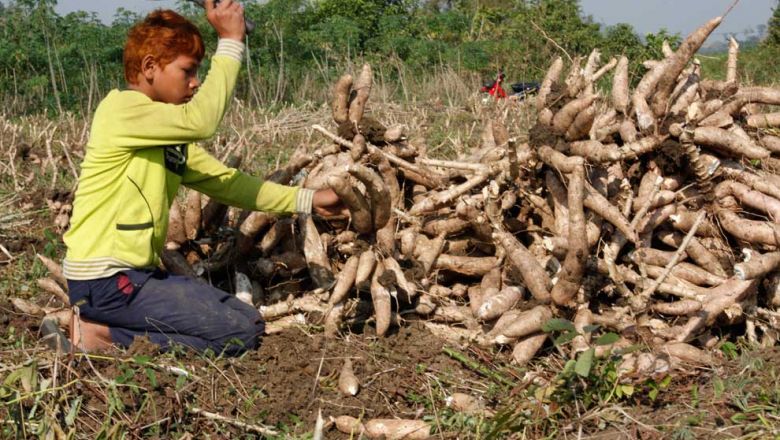Malaysian Company to Invest in Bamboo Sector
Lipp Engineering Sdn Bhd, a Malaysia-based company, has announced plans to build a bamboo processing plant in Cambodia to ship bio-oil and bamboo fibre abroad.
Malaysia-based Lipp Engineering Sdn Bhd has announced plans to build a bamboo processing plant in the Kingdom to ship bio-oil and bamboo fibre abroad.
The company has asked the government to grant it a land concession for 25,000 hectares where it will grow the tree and build the factory, the company’s CEO said at a press conference on Thursday.
Thureign, Lipp Engineering’s chairman and CEO of investment and trade, said the company plans to invest $750 million in the project.
It intends to build a bamboo processing plant based on German technology to produce and export four products: bio-activated carbon, bamboo pulp, bio-oil, and bamboo fibre.
“We will set up a bamboo processing plant to export to international markets. The investment could start as soon as 2020,” he said.
The project will provide jobs for 50,000 Cambodians and contribute to the country’s economic development, Thureign said.
“As part of this project, we also want to build hospitals, schools and daycare facilities. We will pay for workers’ electricity and water costs and we will give them insurance,” he said.
It will take four years before the bamboo can be harvested, Thureign said, adding that the company expects to earn about $5 billion in the first five years.
Lipp Engineering is also considering other investments here, including raising goats for export.
“We chose Cambodia as an investment destination because, as a developing nation, there is a lot of available lands. Also, it has a favorable climate for growing bamboo,” he said.
Minister of Agriculture, Forestry and Fisheries Veng Sakhon welcomed Lipp Engineering’s plans during a meeting with the company on Wednesday at the ministry.
“This project will contribute to the economic development of Cambodia by increasing people’s income,” he said.
He said the climate makes Cambodia a good place for growing bamboo.
“This project will help attract investment to bamboo production and will contribute to the development of the community by creating jobs and building human capital,” Sakhon said.
“The ministry will cooperate with the company to ensure its plans materialize,” he said.
Cambodia has passed a bill approving the establishment of a national office for the International Network for Bamboo and Rattan (Inbar). The Kingdom is expected to become a member of the network soon.
Headquartered in Beijing, Inbar is an intergovernmental organization established in 1997. It has 45 members, including all ASEAN countries, except Cambodia, Brunei, Laos, and Singapore.







